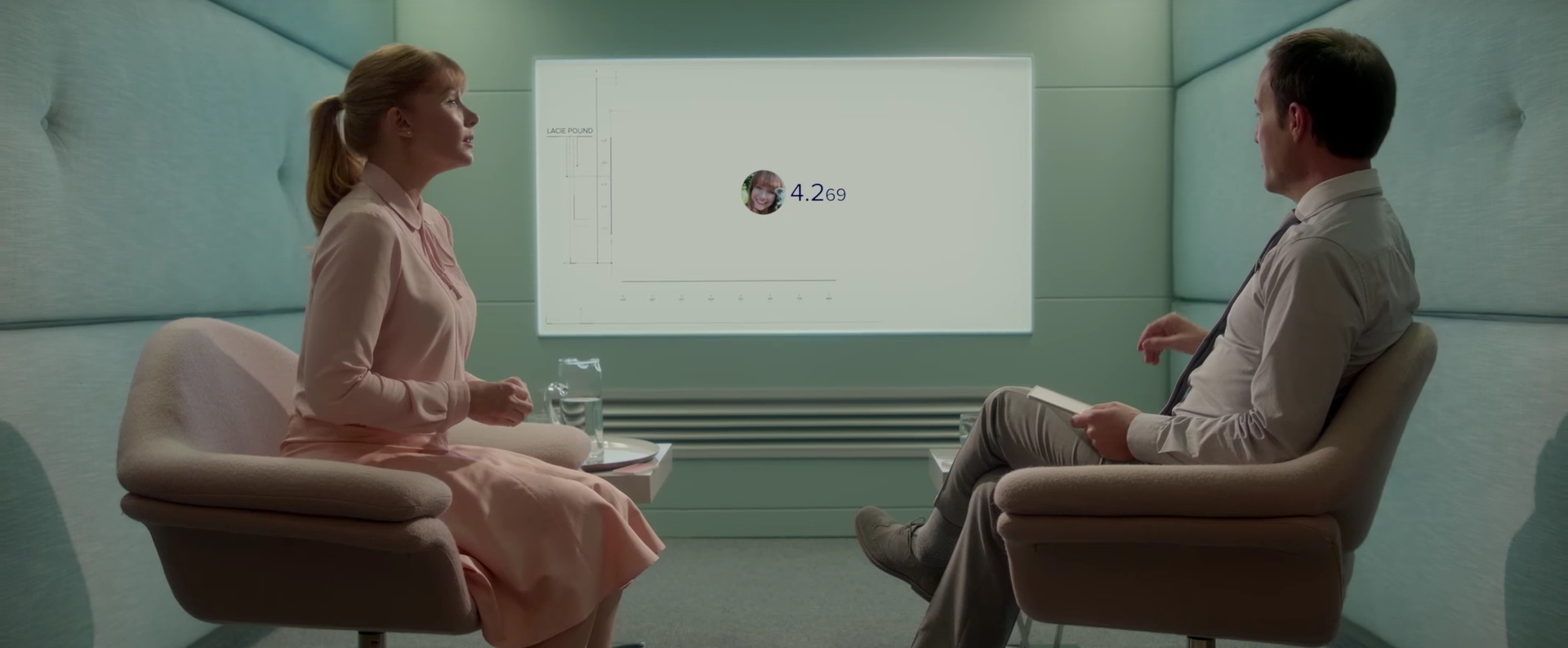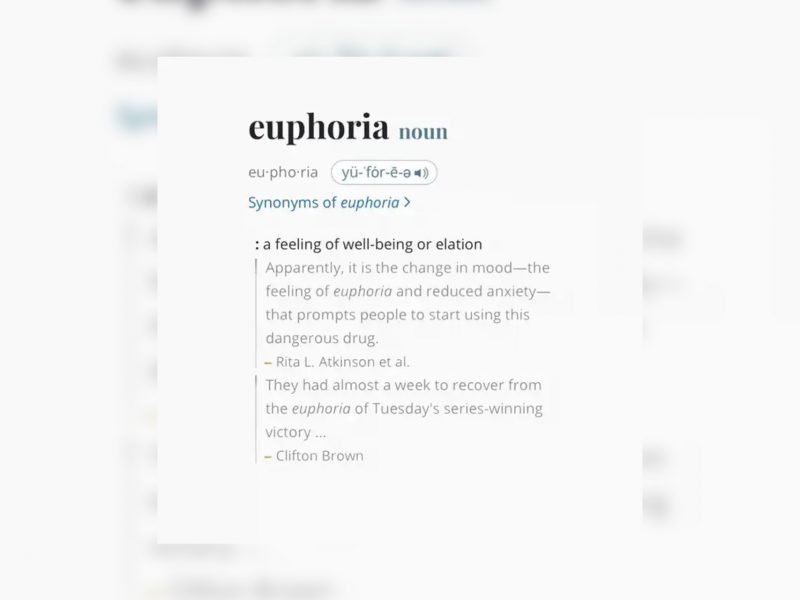“There’s no cure for the internet, it would never go away”
This isn’t a new line. Since the dawn of social media, this sentiment has been broadcasted pretty much everywhere, inherently laced with foreboding and worry. Parents use it as a reproach while potential employers offer it as a not-so-gentle reminder. There is no cure; once content is out there, it’s not going away. With this message constantly surrounding us, it seems insignificant to have it explicitly laid out in a television show. Or so it was thought until the British satirical science fiction hit, Black Mirror, dropped its third season.
The concept of Black Mirror is simultaneously simple and intricately complex. Each episode features a stand-alone story with completely different plots, casts and settings. While they share little to no overlap in terms of plot, every episode is loosely structured around the relationship between technology and modern society, often times laying out the dangers associated between the two. The show’s third season is no exception to precedent, with each of its six episodes providing new examinations of topics such as social media addiction, virtual reality and internet trolling.
While the disjointed episodes and one-shot plotlines are refreshing, what really makes this show so unique is the incredibly dark satire found throughout. Season three in particular takes familiar, almost mundane concepts and completely exaggerates them, ironically blowing them up so unrealistically that you can’t help but witness the horrible reality found in them. “Nosedive,” the season’s first episode, captures this element perfectly, describing a world in which each person’s worth is calculated by how many “stars” he or she receives via social media. The more stars you receive, the higher your social class is, dictating whether you receive amenities such as luxury housing, airline tickets or simple conversation among peers.
“Shut Up and Dance” also manages to capture some of the grotesque elements of modern society. “Shut Up and Dance” follows anti-social teenager Kenny (Alex Lawther), as he struggles to meet the demands of a group of unnamed hackers who happened to obtain an incriminating video of the teen. The majority of the episode is spent following Kenny and his assignments, which include robbing a bank with the help of fellow blackmailed narcissist, Hector (Jerome Flynn). After all the assignments are completed, Kenny is instructed to drop off money in the middle of a small forest — where he is then told he will have to partake in a fight to the death with another stranger. The best part is, the fight will be filmed. While this sounds like a total stretch from reality, the key message is pretty sobering: With the help of technology, society has found a perverse pleasure in inflicting pain on others and watching the aftermath.
While the majority of the season is drenched in negativity, there’s one episode that takes a break from the pessimism. “San Junipero” focuses on the love story between two dying women, living out their romance as their younger selves in an alternate reality. This is arguably the best episode of the season, partially because there’s no underlying message to learn. That’s not a fault for the other five episodes — all of them are certainly good, and the satire they use is necessary for them to be successful. But in “San Junipero,” you see the emotional side of our technologically driven world. It’s just two women dealing with the concept of love, commitment and emotional vulnerability. It’s because of this captivating human simplicity that makes it the highlight of the season.
Black Mirror is unlike anything else on television, but by no means is that a negative trait. Season three is without a doubt a refreshing, worthy watch for fans and newcomers alike.



